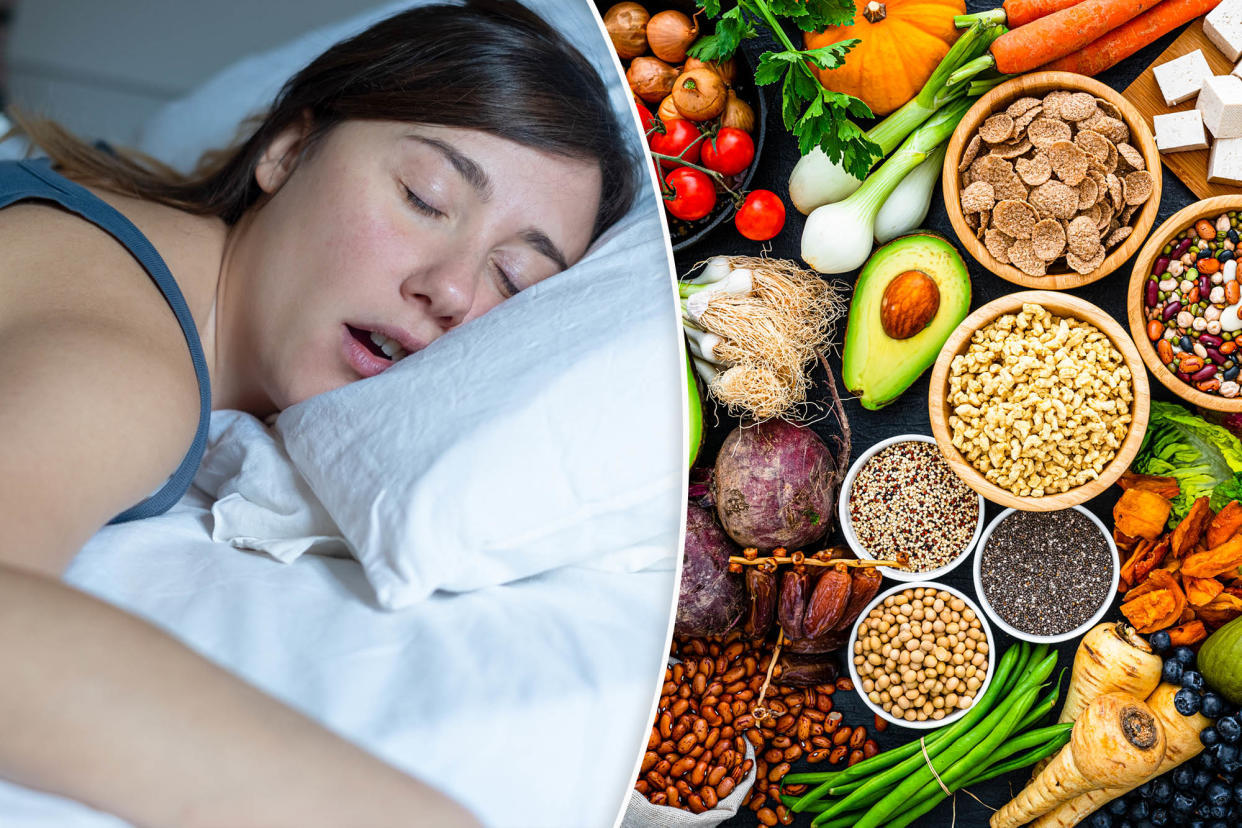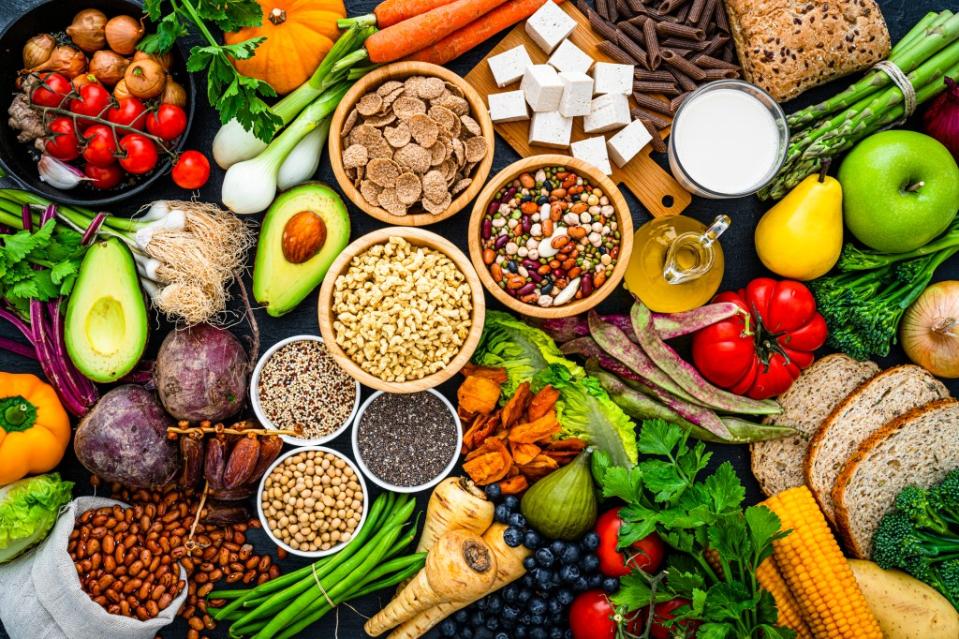Sleep apnea cure could be as simple as switching to a vegan diet, scientists say

Having trouble catching Zzz’s? Eat more Zzzucchini, experts suggest.
An eye-opening new study found that going vegan can help prevent sleep apnea.
That’s potentially good news for the three in four American adults affected by sleep disorder symptoms, according to the Centers for Disease Control and Prevention (CDC).
Roughly 39 million people in the United States — POTUS among them, reportedly — currently struggle with the most dangerous of these after-dark afflictions: OSA, or obstructive sleep apnea, where the upper airway becomes blocked while sleeping.
If you have OSA, your breathing will randomly stop and start throughout the night. You will also find yourself waking up repeatedly, contributing to a decline in shuteye quality.

Besides OSA’s daily affects on the sufferer’s sleep and the impact on anyone they might be sharing a bed with, doctors also warn that sleep apnea can increase risk of high blood pressure, stroke, heart disease and type 2 diabetes.
And while expensive and potentially problematic breathing aids are popularly prescribed, research now shows that flipping the script could be as simple as changing your diet.
In one of the very first major studies looking into the idea, published in ERJ Open Research, researchers at Flinders University in Australia found that those on a diet high in vegetables, fruits, grains and nuts were at far less risk for OSA — nearly 20% less than those leaning on less healthy foods, SWNS reported.

Researchers pulled data from a whopping 14,000 people, all of whom were participating in the US National Health and Nutrition Examination Survey, which quizzed them about their eating habits.
Survey participants were required to detail what they’d eaten in the last 24 hours, and categorized as either healthy herbivores or potentially less-healthy meat lovers. Specialists also quizzed the vegetarians and vegans as to the nature of their diets as well.
Then, the group was required to answer a series of questions designed to detect and diagnose OSA.

Ultimately, the scientists found that those faithfully eating plant-based foods were 19 percent less likely to experience OSA than the carnivores.
Casual vegetarians, or even once-in-a-while flexeterians were seen to share the lower risk with the best-behave vegans.
“Previous research has primarily focused on the impact of calorie restriction, specific dietary elements and weight loss,” said lead researcher Dr Yohannes Melaku.
“There’s a gap in our knowledge of how overall dietary patterns affect OSA risk,” he said.
“With this study, we wanted to address that gap and explore the association between different types of plant-based diets and the risk of OSA.

“These results highlight the importance of the quality of our diet in managing the risk of OSA. It’s important to note these sex differences because they underscore the need for personalized dietary interventions for people with OSA.
“This research doesn’t tell us why diet is important, but it could be that a healthy plant-based diet reduces inflammation and obesity. These are key factors in OSA risk,” Melaku explained.
The team stressed that the research is ongoing, and that more will be added to their findings in future — particularly if links are found between diets of ultra-processed food and OSA risk.
“Obstructive sleep apnea is a frequently occurring condition, and a significant number of individuals remain unaware of their own diagnosis despite the associated risks,” said Sophia Schiza, a professor at the University of Crete, Greece.
“The findings of this study propose that modifying our diet might be beneficial in managing or avoiding OSA. Being aware that incorporating a wide variety of vegetables, fruits, and whole grains into our diet while minimizing the consumption of unhealthy foods and sugary drinks can greatly improve our overall health,” she said.
“We need to make it as easy as possible for everyone to adopt a healthy diet.”

